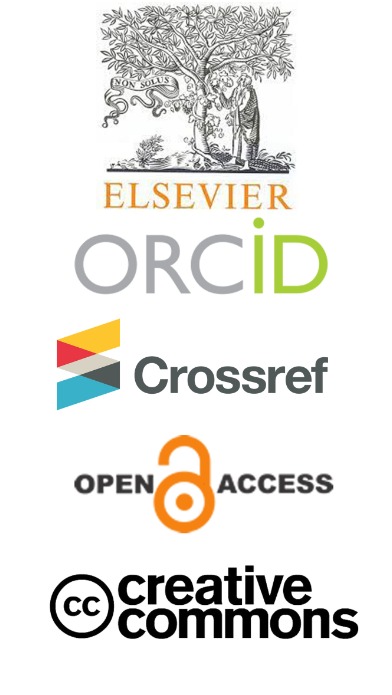The political rights of the Arab and Kurdish minorities in Iran 2012-2022
Abstract
The Constitution of the Islamic Republic of Iran provides for the equality of all Iranians regardless of ethnicity or religion. However, in practice, minorities – including Arabs and Kurds – face discrimination in access to education, employment, and political participation. In 2012, the political rights of Arab and Kurdish minorities in Iran significantly increased. The government passed several laws and decrees granting these groups greater access to political participation, including the right to vote and stand for election. For example, the government issued a directive to increase the quota for Arabs and Kurds in admission to universities. And in 2013, the first-ever Kurdish woman was elected to the parliament. Since then, the number of Arabs and Kurds elected to the parliament has steadily increased, and in 2017 they reached a record high of 30% (Entessar, 2021, pp.233-235). This significantly increased from the mere 3% of parliament seats they held in 2012. The rise in the political representation of Arab and Kurds in Iran is a positive development, as it ensures that these groups have a more significant say in the country's affairs (Kadivar and Abedini, 2020, pp. 493-994). It also bodes well for the future, showing that the government is committed to inclusion and equality for all its citizens. However, there is still much room for improvement. For instance, the number of Arabs and Kurds in the government's Cabinet is still very low. As of 2017, only two Arabs and one Kurd are members of the Cabinet out of a total of 21 ministers. In addition, much of the country's top leadership is still dominated by the Persian majority. Of the country's 12 supreme leaders, only one is an Arab, and none are Kurds. There is also a need for greater economic inclusion of Arab and Kurdish minorities. While the poverty rate among these groups has declined in recent years, it is still higher than the national average. In addition, unemployment rates are also higher among Arabs and Kurds. The government has taken some steps to address these issues. Still, it more needs to be done to ensure that all Iranians, regardless of ethnicity, can enjoy equal o pp.ortunities and a prosperous future (Ahmady. n.d). The next decade presents a great opportunity for further progress on the political rights of Arab and Kurdish minorities in Iran. With the country's population set to increase by 20% by 2026, these groups will only become more important, and their voices must be heard to ensure a bright future for all Iranians.



